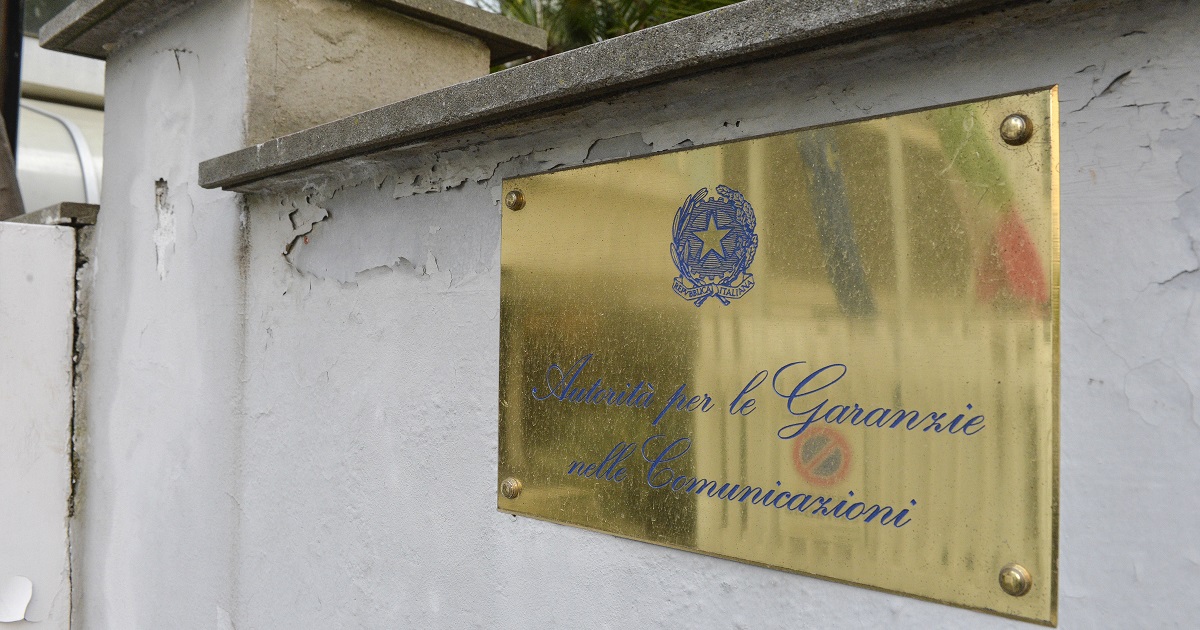The Regional Administrative Court for Lazio (Section Quarta Bis) accepted the appeal of Google Ireland Limited, against the sanction of the Rome Communications Authority (AGCOM), for which he had already granted suspension.
The text of the ruling on the merits reads: “The company Google Ireland Limited (“Google”) was sanctioned for the sum of 750.000 euros by the Communications Regulatory Authority with resolution no. 275/22/CONS of 19 July 2022, for the violation of the regulatory provision contained in the art. 9, paragraph 1, of the legislative decree of 12 July 2018, n. 87 converted with law 9 August 2018, n. 96; with the same ordinance the removal of the prohibited contents was ordered.
In detail, the sanction derives from the violation of the ban on gambling advertising, established by the provisions just mentioned, due to the presence on the "YouTube" platform managed by Google of numerous videos (...), aimed at promoting gaming websites gambling establishments offering cash winnings.
The liability of the appellant company would be attributable to its capacity as supplier of the platform where the contested videos are streamed, for the dissemination of advertising prohibited pursuant to art. 9 of the Dignity Decree.
With this appeal the described sanction is challenged by articulating multiple complaints for violation of the law and excess of power.
The Authority was constituted, through the State Attorney's Office, to resist accepting the appeal.
This Court, with order no. 7220/2022, accepted the request for suspension, deeming Google's position attributable to that of a mere "hosting provider", and therefore not susceptible to sanctions according to the principles enunciated by Italian and European jurisprudence.
At the hearing on 18 July 2023 the appeal was held for a decision.
The appeal is well founded.
As already highlighted by this Court in a similar case (sentence no. 11036/2021 to which reference is made for further references), the exemption from liability of hosting providers must be recognised, even in the case of infringement of the ban on gambling advertising , when these are limited to the provision of a virtual space on which users can upload their own contents (pursuant to art. 1, co. 5, letter d) of the E-Commerce Directive), they have not effectively participated in the creation of the 'illicit and have adopted all measures to quickly remove the consequences prejudicial to the protected interest.
As in fact provided by the art. 16 Legislative Decree. 70/2003, implementing Directive 2000/31/EC relating to information society services in the internal market, "in the provision of an information society service, consisting of the storage of information provided by a recipient of the service, the provider is not responsible for information stored at the request of a recipient of the service, provided that said provider: a) does not have actual knowledge of the fact that the activity or information is illicit and, as regards compensation actions, does not is aware of facts or circumstances which make the illegality of the activity or information clear; b) as soon as it becomes aware of such facts, upon communication from the competent authorities, acts immediately to remove the information or disable access to it".
These provisions constitute the expression of general principles also applicable to the specific case, as they identify and delimit the responsibility of operators who provide "information society services" (see on the subject Court of Justice - Grand Chamber, 23 March 2010, n. 236; Court of Justice - Grand Chamber decision of 22.6.2021; Civil Court of Cassation section I, 16 September 2021, no. 25070; Council of State, section VI, 18 May 2021 no. 3851); the responsibility of the provider must therefore be assessed in light of the role performed by the same and recognized only when this was of an active nature, as otherwise this subject cannot be held responsible for the data he has stored at the request of an advertiser unless, having become aware of the illicit nature of such data or of the activities of such advertiser, has failed to promptly remove such data or disable access to them; in the present case, the description of the offense remains unproven that Google Ireland was conscious and participatory in the prohibited promotional activity, resulting instead in the rapid removal from the platform of the videos contested by the defendant Authority.
Having said this, the Board believes that, since the service offered by the "YouTube" platform must be classified in terms of "hosting", the mere valorization of the indices present in the contested provision (instrumentality in the dissemination of the message and processing of the latter by the system used) is not in itself sufficient, in light of the reported regulatory and jurisprudential framework, to establish, in this case, the responsibility of the platform manager for the violation of the "Dignity Decree".
In conclusion, for the reasons highlighted, the appeal must be accepted; absorb the further complaints.
Given the particularity of the legal issues involved, there are just reasons to compensate the litigation costs."












